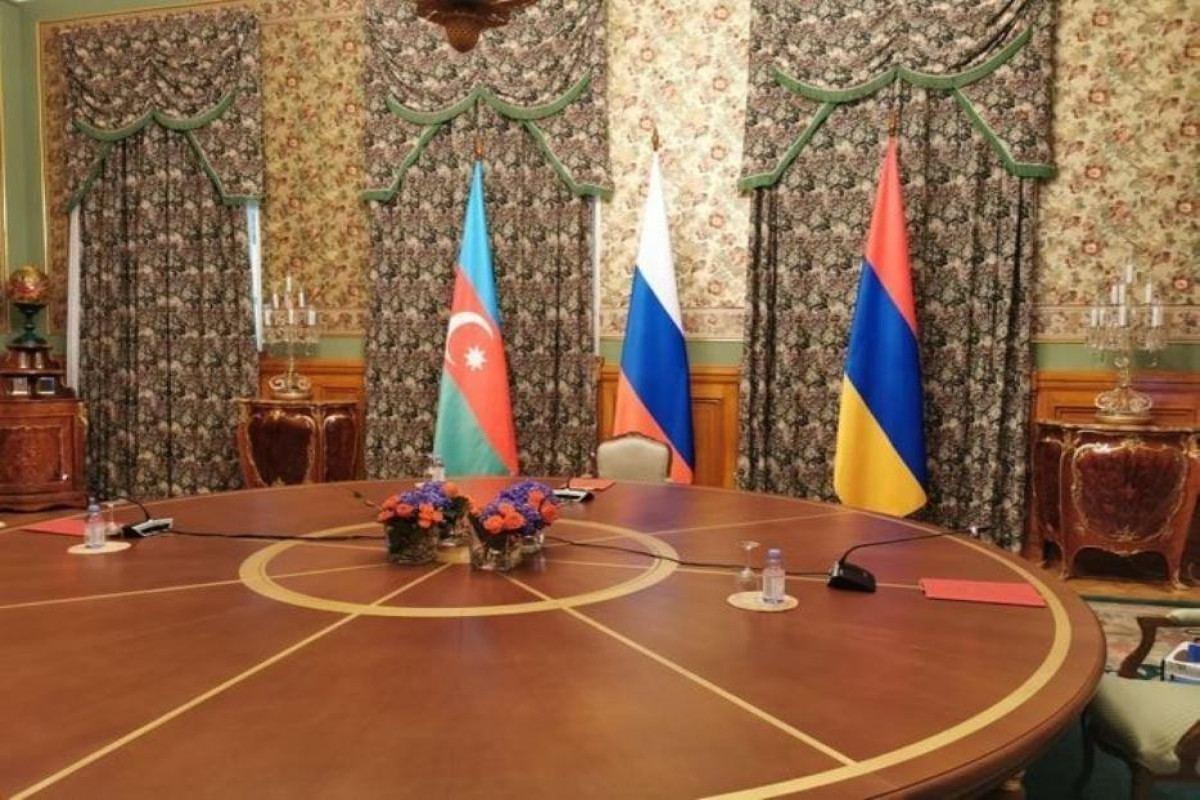Sochi meeting: Expectations in light of stunted progress

By Orkhan Amashov
All eyes of those to whom the fate of the South Caucasus is a matter of deep concern or interest are focused on Sochi. Although there is a relatively sufficient degree of clarity as to which subjects will be discussed, it is by no means indubitable that the day will end with a declaration of clearly defined commitments. Another point, which is of particular relevance, is what the Sochi meeting means within the larger picture of current geopolitical developments, in particular, given that it is happening prior to the get-together set to take place in Brussels later, in mid-December.
Differing agendas
A meeting between Azerbaijani President Ilham Aliyev and Armenian Prime Minister Nikol Pashinyan, following a period of aggravated tensions, is a positive development on its own. But it will be of little importance if the meeting proves to be nothing but a mere photo opportunity and a forum for the expression of mutual accusations couched within the limits of diplomatic propriety.
Azerbaijan, emboldened by its rising political and diplomatic fortunes after its successes in last year’s Second Karabakh War, is interested in a quick breakthrough in the negotiations which could lead to a definite peace deal, whereas Armenia is being careful to ensure that nothing will develop too quickly.
Pashinyan, in his recent online press conference, candidly confessed that it was Yerevan that postponed the trilateral meeting twice during the course of November. On the first occasion, the meeting was set to take place on 9 November, but since the date was associated with tragic connotations in the Armenian psyche, as Pashinyan said, official Yerevan requested that it should be held on another date. The meeting scheduled for 15 November was postponed too.
Whatever the actual reasons that prompted Pashinyan to take recourse to procrastination might have been, it is increasingly clear that Yerevan is uncomfortable with the trilateral format, the foundations of which were laid down last year after the cessation of the hostilities, and remains desirous of taking the Karabakh issue to the field in which the EU could exert greater influence and the discredited OSCE Minsk Group’s co-chairs could regain their employability.
The framework established pursuant to the 10 November deal does not give any room for the question of the status of the liberated Karabakh region of Azerbaijan, and it is only through the negotiations led by the OSCE Minsk Group that Armenia may have a hypothetical hope of revitalising the deceased.
As to what could emanate from the discussions that are currently underway, views differ. It is clear that the two principal subjects, namely, the delimitation and demarcation of the borders and the unblocking of communications are on the agenda. Those espousing a reserved approach, such as Fyodor Lukyanov, Russian political expert of the International Discussion Club “Valday”, believe that the fact of the meeting taking place is far more important than the question as to what will be agreed upon.
Peter Tase, a prominent political analyst, believes since there will be a separate discussion on the statements signed on 10 November 2020 and 11 January 2021, the meeting is important in terms of clarifying the sides’ commitments and could lead to significant progress.
Incidentally, the timing of the occasion is of some moment. On 19 November, the European Council president announced that there would be a meeting between Ilham Aliyev and Nikol Pashinyan on the sidelines of the EU Eastern Partnership Summit in Brussels on 15 December. Some believe that since the Russian initiative on holding such a meeting came after the EU’s proposal, the Sochi forum, amongst other indicators, serves the purpose of enabling Moscow to reiterate its vital importance in the negotiations.
Juggling with formulations
As a journalist, Pashinyan knows how to play with words. Yet in politics, mere obfuscation through prevarication is not always good enough. When the Armenian PM failed to explain to famous BBC journalist Stephen Sackur how the slogan that “Karabakh is Armenia and full stop” and “any solution as to the Nagorno-Karabakh conflict must be acceptable to all the sides involved” are compatible with each other, his answer revealed that his rhetorical skills were not crafted for a grander stage. Pashinyan’s words were not exonerating when he pretentiously declared the trilateral ceasefire declaration was not a defeat, as it could have only been a defeat, had Armenians considered themselves defeated.
Pashinyan is still engaged in prevarication by constructing idiosyncratic formulations by which he appears to be suggesting sensible solutions in line with the common interests of the region, whilst simultaneously providing his own peculiar interpretations, in the light of which the interests of the regressive part of the Armenian society appear to have been satisfied. For instance, in his recent online press conference, he said that Azerbaijan and Armenia recognised each other’s territorial integrity in 1991 and there would be no issue in reiterating what was already agreed upon. At the same time, he declared that this mutual recognition would not mean that “the status of Karabakh” was consigned to the past.
At this juncture, the information is scarce and speculations are numerous. Although the general course of events shows that Armenia will eventually find itself in a position of being unable to resist Azerbaijani demands on agreeing to a comprehensive peace deal, it would be too naïve for commentators and pundits to expect that some definite agreement will be signed in Sochi.
--
Follow us on Twitter @AzerNewsAz
Here we are to serve you with news right now. It does not cost much, but worth your attention.
Choose to support open, independent, quality journalism and subscribe on a monthly basis.
By subscribing to our online newspaper, you can have full digital access to all news, analysis, and much more.
You can also follow AzerNEWS on Twitter @AzerNewsAz or Facebook @AzerNewsNewspaper
Thank you!
